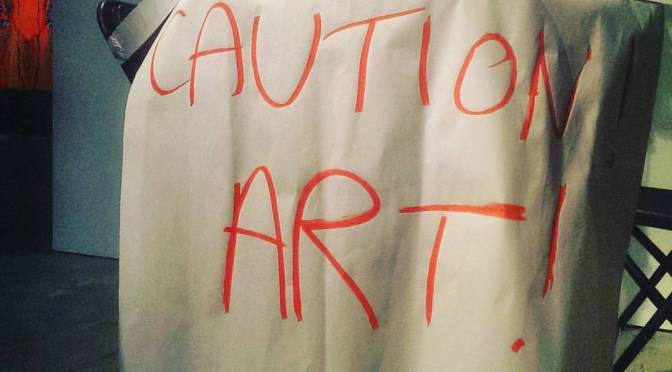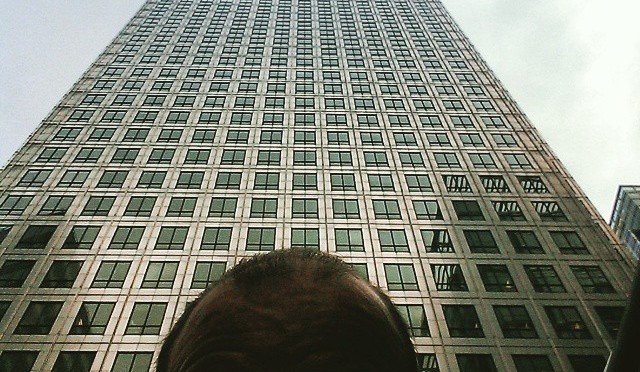I just wrote this for the lovely people who support #tuttle with a regular donation every month. If you’d like to be part of the gang, head over to patreon.com
Hi Patrons! Thank you again for your support this month.
We’re still going strong at Z/Yen every Friday morning, it’s given us a slightly different flavour being in the City and we get drop-ins who we may well not have been able to attract on the Southbank. It’s less convenient for some of course but overall I think we’re doing well. Michael has invited us to stick around for another month so we’ll be there till the end of April.
This month I ran a couple of Open Spaces with Helen at the WeWork Southbank offices. We looked at “What are we going to do about…” for Artificial Intelligence and for the Internet of Things. It’s good to see these conversations moving on. We have a bunch of regulars who are tiring of just talking about things abstractly and wondering what they can actually do. Great!
As commercial opportunities seem to be knocking more frequently on Friday mornings, I’ve relaunched a Slack Channel for us to talk about such things in semi-privacy and try to revitalise the Tuttle Consulting offer. I’d like to be doing more work under the Tuttle umbrella, with the lovely smart people I already know, so if you’re interested in taking part in this, just let me know and I’ll pop you an invitation.
I’ve also enjoyed going to other people’s things this month. The John McDonnell MP, New Economics series continued with a panel discussion in one of the House of Commons Committee rooms about Technology and the Future of Work. The irony of doing this while sitting at desks that still have inkwells was not lost on many in the crowd. I’ve also been able to go to a couple of Open Spaces from Devoted & Disgruntled and I really appreciate being able to sit back and be part of the crowd rather than leading things all the time.
Thanks very much for helping make all of this possible. Do come down on Friday morning if you’re able (and bring a pal) And please encourage other people to support me here however you’re able.
Love & hugs
Lloyd








